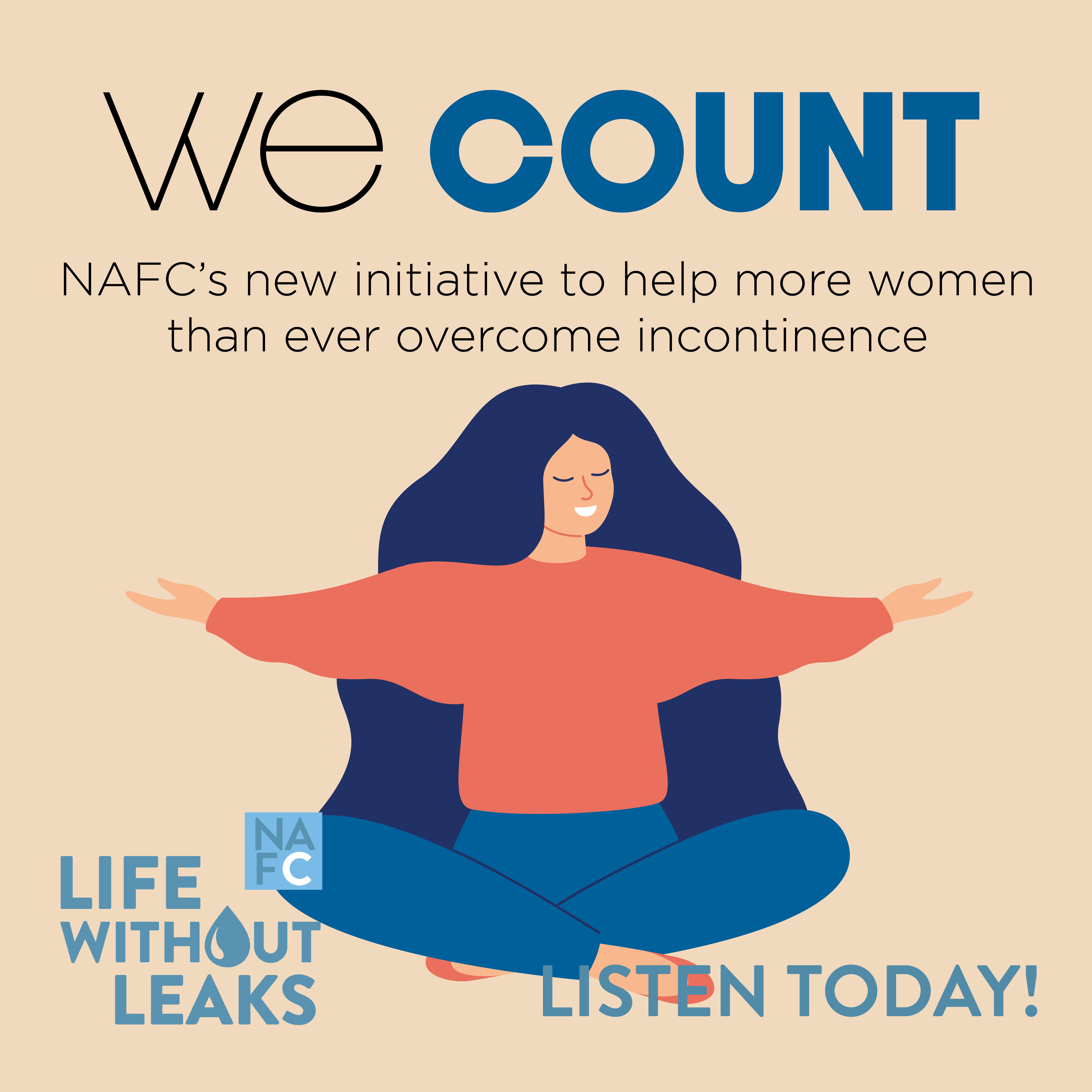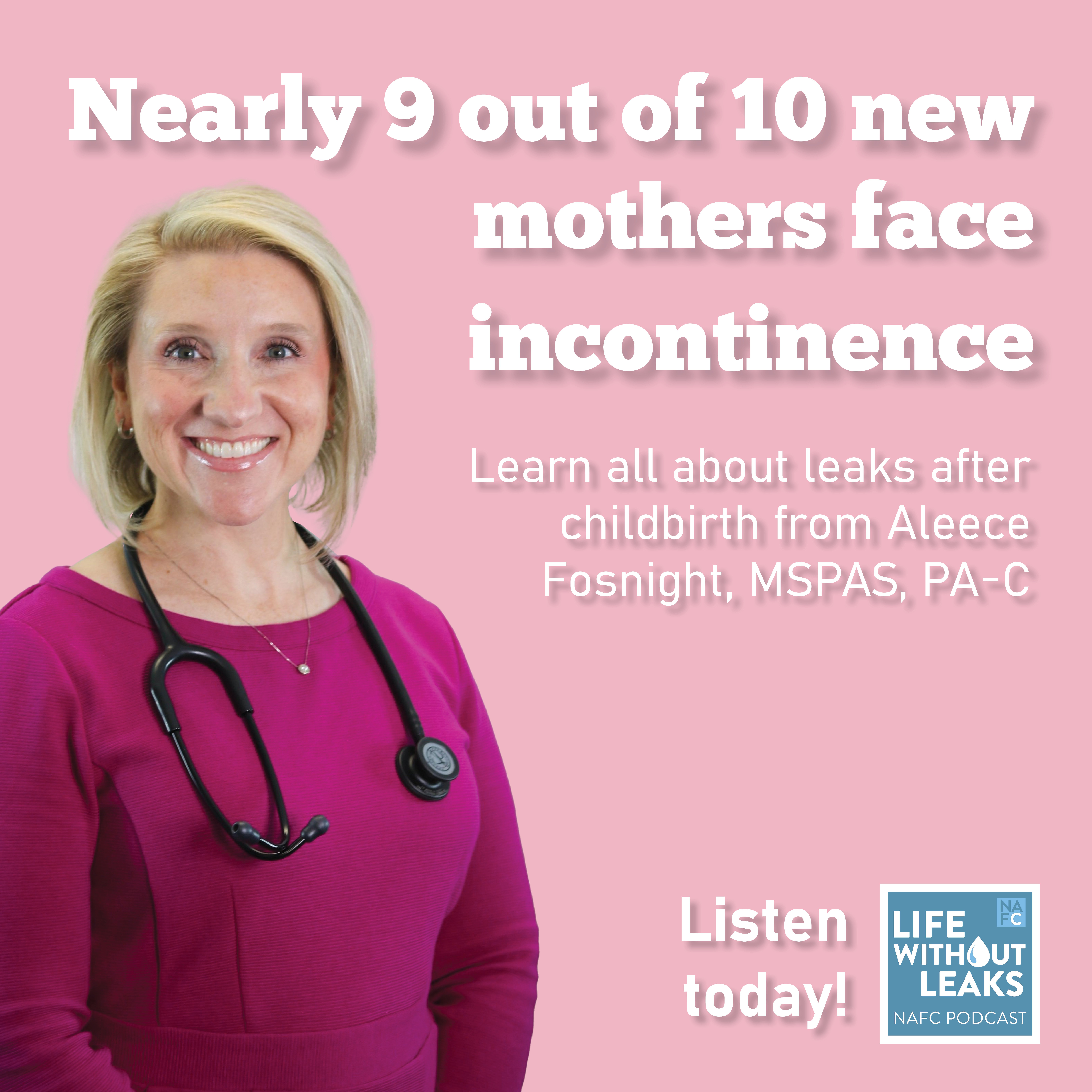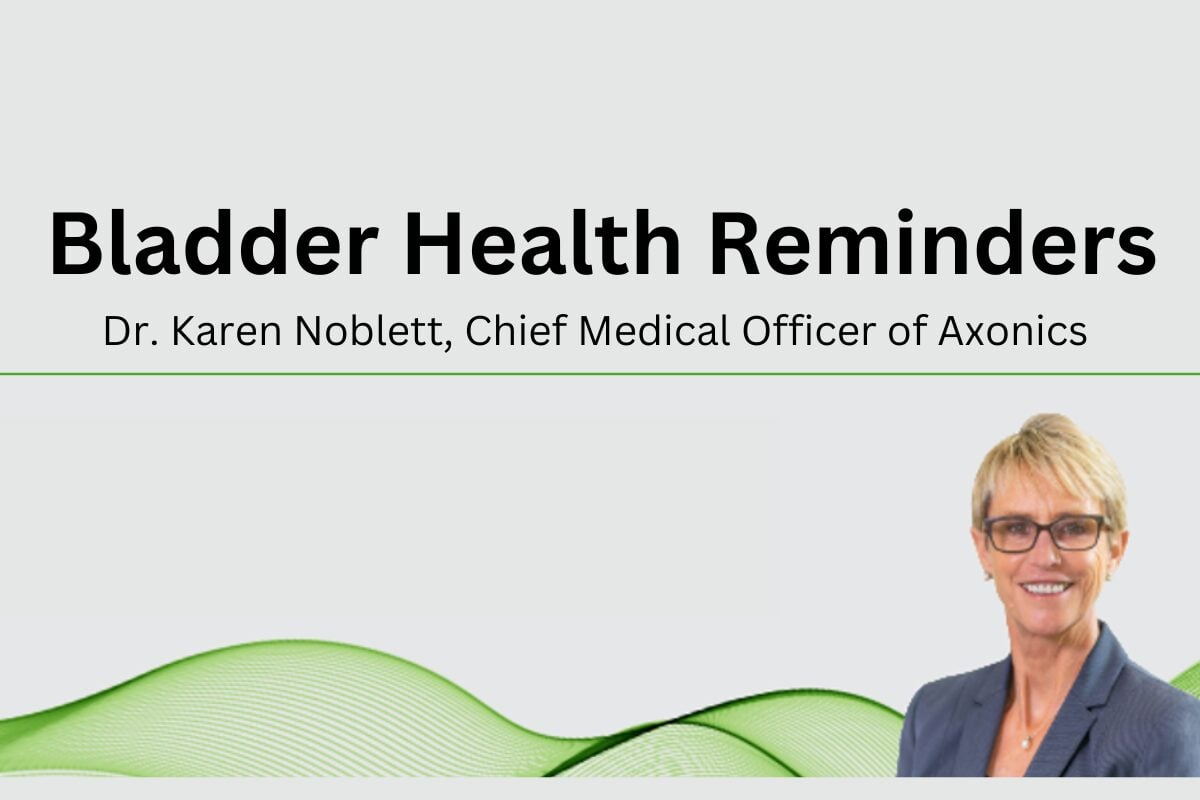
Practical Tips for Caregivers Managing Urinary Incontinence at Home
Urinary incontinence is a common and often challenging condition, particularly for aging adults and individuals with certain chronic illnesses or disabilities. As a caregiver, managing urinary incontinence at home can be emotionally and physically demanding, but with the right strategies and products, you can help your loved one maintain their dignity, comfort, and quality of life.
This blog provides practical tips for caregivers who support individuals experiencing urinary incontinence. Whether you’re new to caregiving or looking to improve your current routines, these guidelines can help you approach this sensitive issue with compassion and effectiveness.












